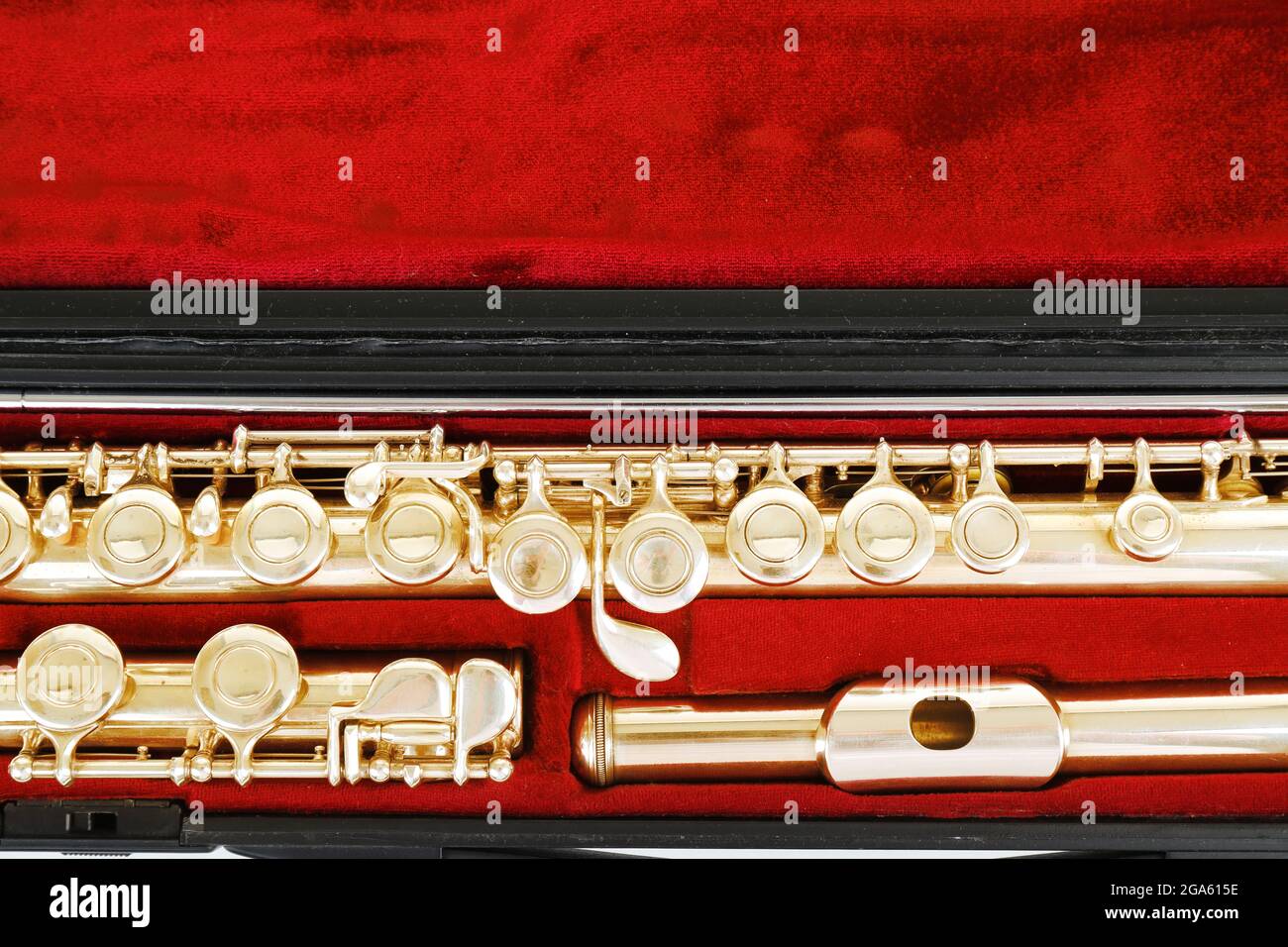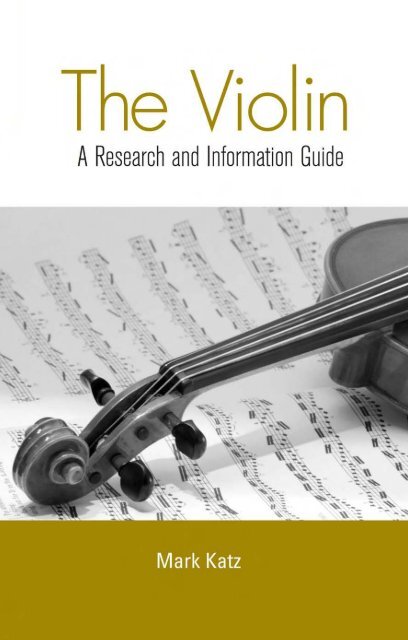

Many professional repair techs don't really get into doing that type of repair.

Now, to address your example, antique wood flute restoration is quite a specialty. I refer pro-level brass repairs to other brass specialists, because I know that others can do a better job on those and I know my limitations. While I also have the tools and knowledge to do some brass work, I will only do basic brass repairs (i.e free stuck slides, simple dent removal, etc.) and only on student or intermediate-level instruments. On those, I will take on almost any needed repair from student through professional level instruments. I primarily repair flutes, clarinets, and saxes. For example, I consider myself a woodwind specialist. Some techs work only on pro-level instruments, while others work only on student-level instruments, and some do it all, at least to some degree. woodwinds, brass, or even single instruments).

While NAPBIRT does have standards for membership, it cannot truly police the industry to ensure that each and every member meets the highest standards of repair.Īnother slant on this is that some techs repair all instruments, while others specialize in a subset (i.e. I suspect that all of its members consider themselves professionals. Some technicians belong to the National Association of Band Instrument Repair Technicians (NAPBIRT). In the music instrument repair industry, there is no certification required for someone to call themselves a professional repair technician. That, however, does not necessarily imply that they behave in a professional manner (as you have implied). Someone who earns income from a profession can, in the strictest sense, be called a professional. First there's the dictionary definition:

That's a tough question to answer definitively, because there are different contexts to consider. My question to you folks is this: where is the line you can draw in regards to referring to yourself as a "professional"?


 0 kommentar(er)
0 kommentar(er)
